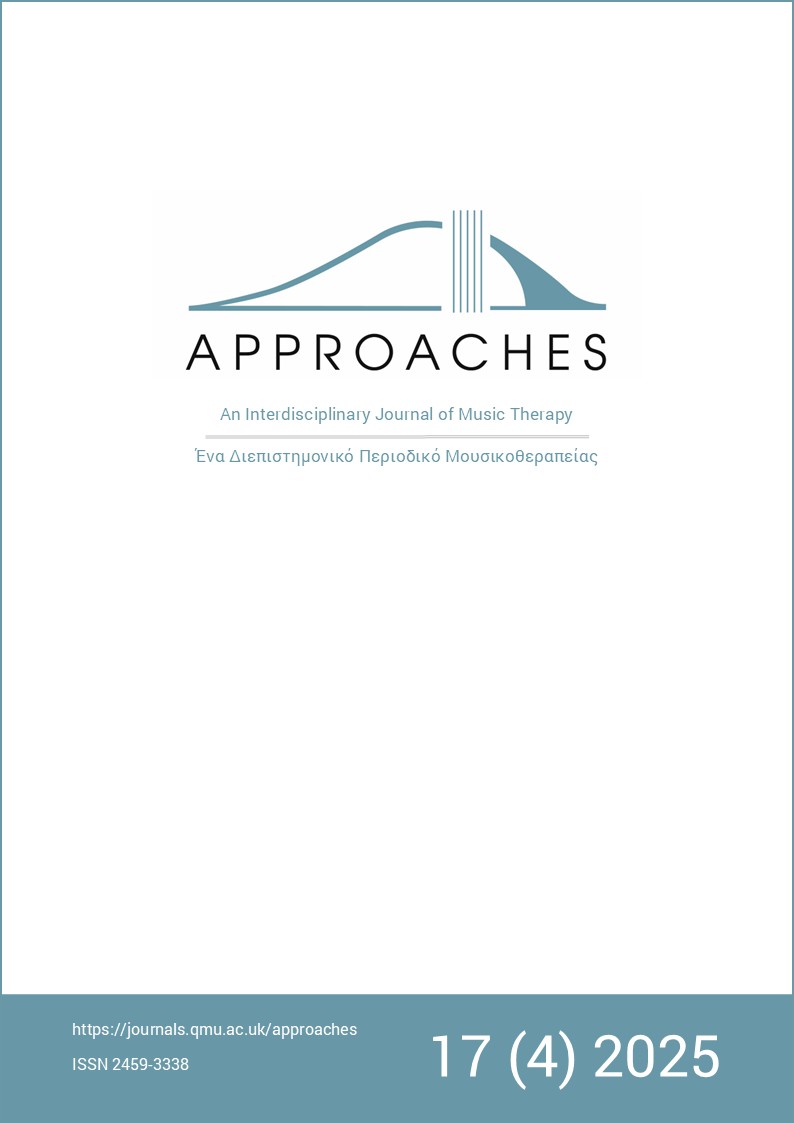A first-person phenomenological pilot case study exploring the efficacy of using whole-body low frequency sound vibration to treat stress and anxiety
DOI:
https://doi.org/10.56883/aijmt.2025.604Keywords:
low frequency sound, vibration, anxiety, stressAbstract
The purpose of this pilot first-person case study was to test if whole-body low frequency sound vibration decreases stress and anxiety and to evaluate the equipment used to measure the effects of vibration to inform a more extensive, long-term clinical study in the future. The Next Wave Physioacoustic Chair was used to apply the treatments, which consisted of six 20-minute sessions spread out over 15 days. Qualitative data consisted of daily journal entries and pre- and post-treatment observations. A phenomenological analysis involved the identification of emerging themes. Quantitative data was collected using a Garmen Vivosmart 4 device worn on the wrist twenty-four hours daily (except when charging). The device measured pre- and post-treatment heart rate, heart rate variability (HRV), and sleep quality. An overall stress score was computed using HRV measurements and sleep. The results showed that Physioacoustic treatment can have a positive effect on stress and anxiety levels. This was shown by a consistently lowered heart rate following each treatment, increased body awareness and connection, decreased pain and tension, and a sense of relaxation, calm, mental clarity, and focus. The recommendation is for further long-term studies using a more significant number of participants reporting high levels of stress and anxiety along with control groups. Further studies may also benefit from incorporating electroencephalogram (EEG) measurements to examine brainwave activity to further understand stress-related outcomes.
Downloads
Published
Issue
Section
License
Copyright (c) 2025 Christa Mercey, Heidi Ahonen

This work is licensed under a Creative Commons Attribution-NonCommercial-NoDerivatives 4.0 International License.




